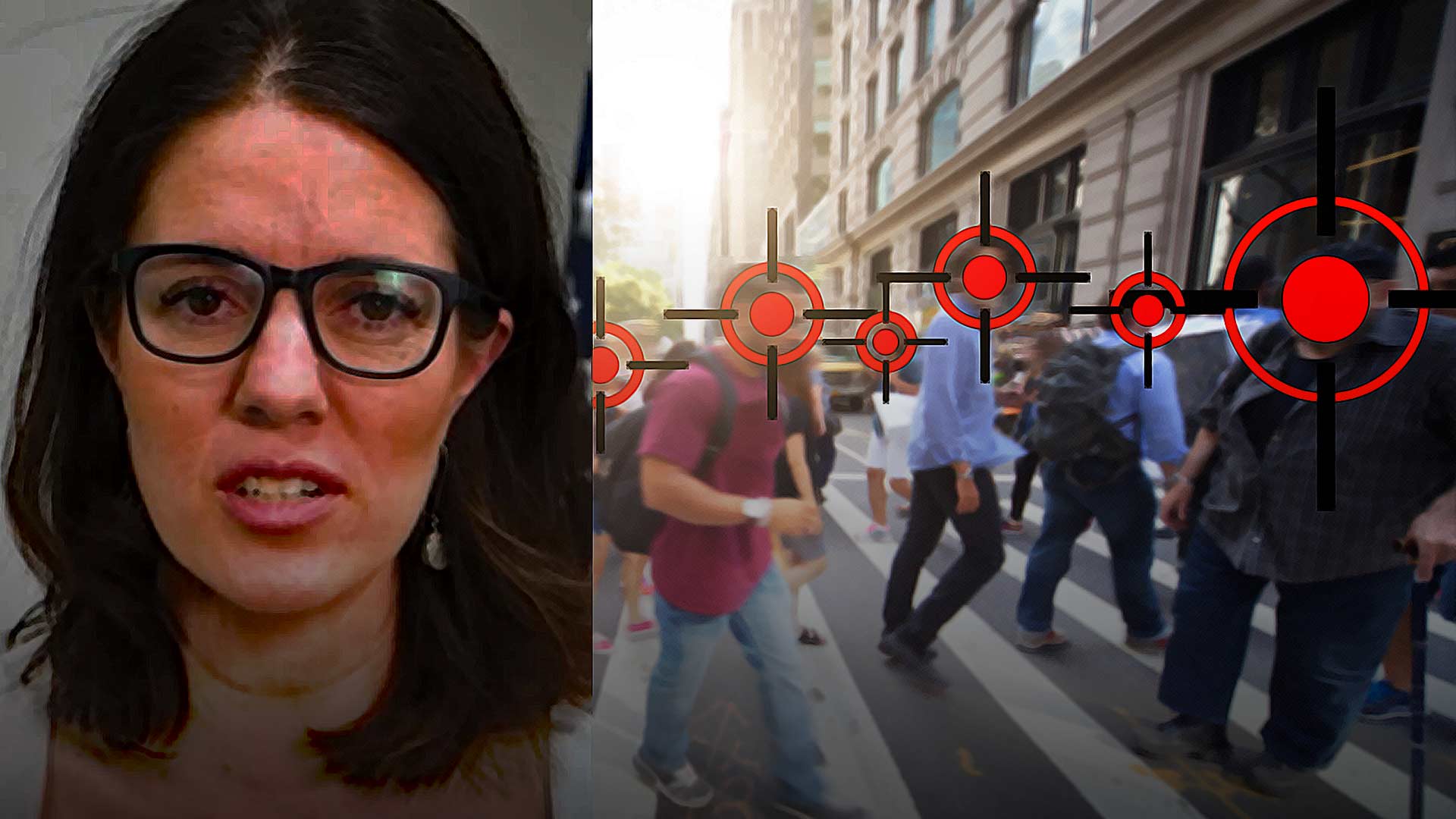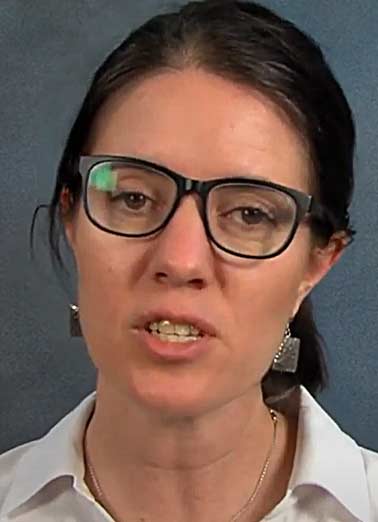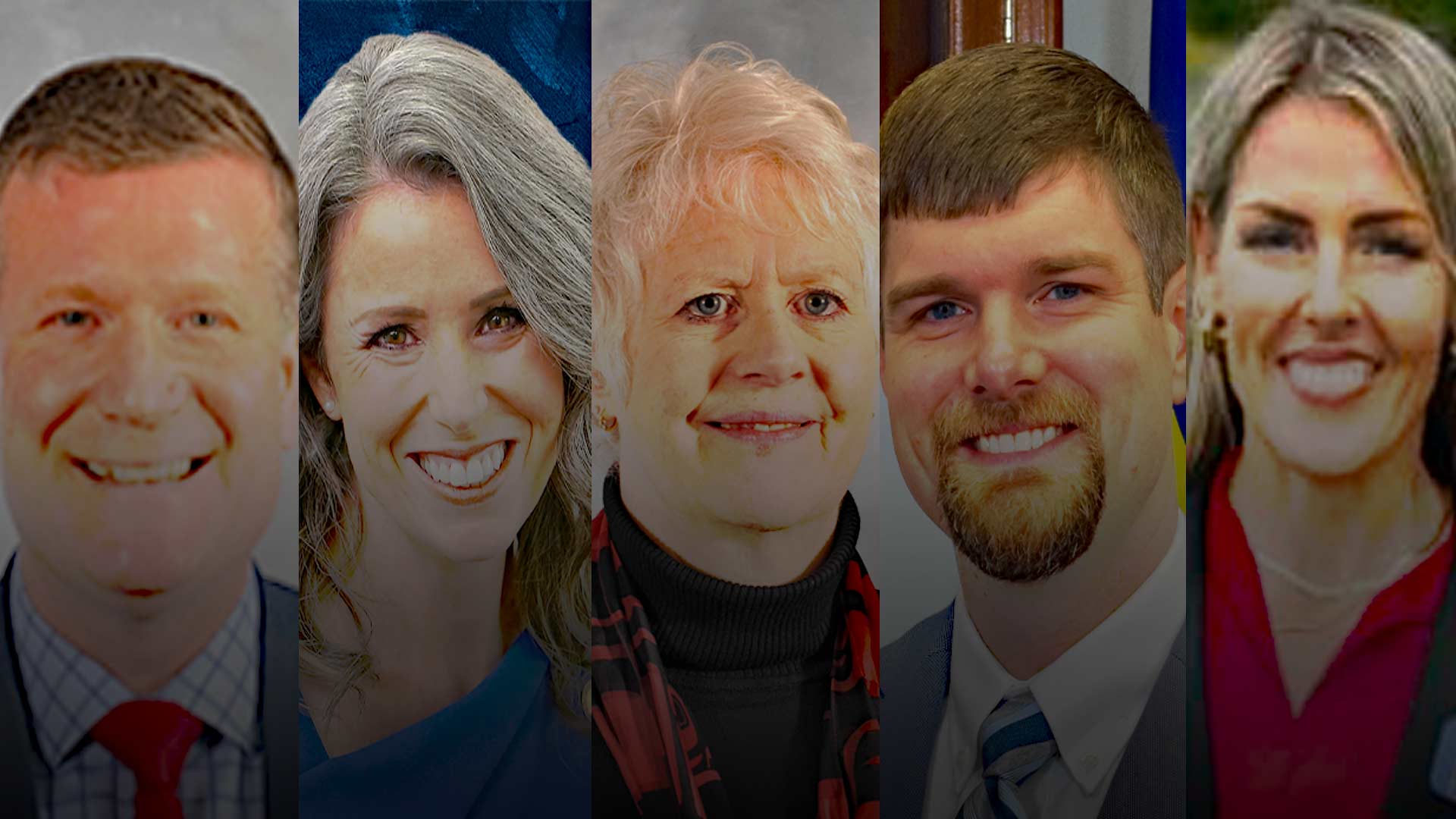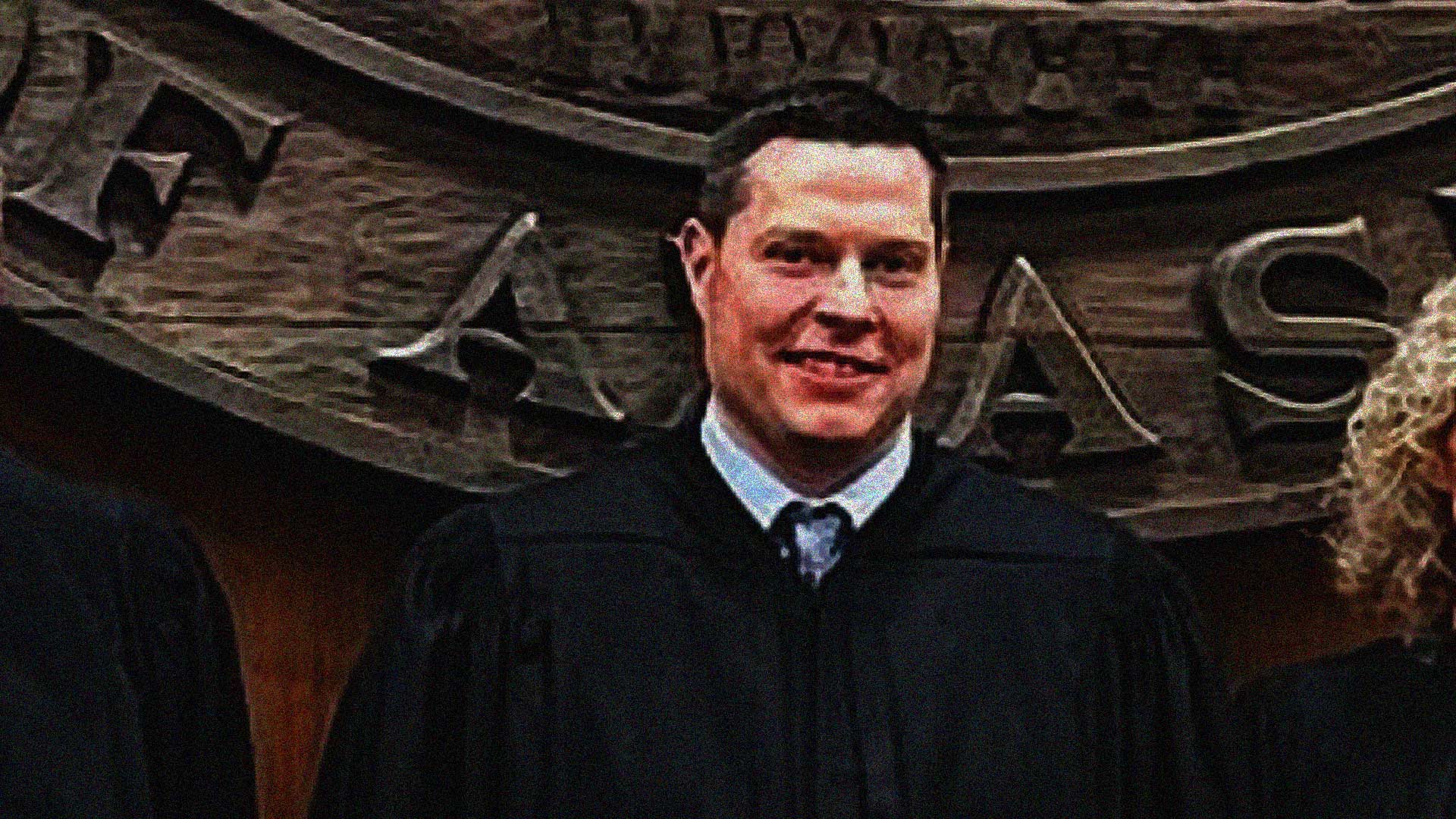

Movers and shakers from public health, technology, infrastructure and governmental sectors are gathering in Chicago this month to explore ways to modernize, standardize and expand the power and influence of government health across the U.S.
Alaska’s Chief Medical Officer Anne Zink will play a prominent role in the gathering. She serves as president of the Association of State and Territorial Health Officials (ASTHO), a wealthy and influential nonprofit that includes more than 100,000 public health professionals across the nation. ASTHO is hosting the three-day conference, and Zink will be one of many speakers.
Zink is a controversial and increasingly influential player when it comes to directing public health policy both in Alaska and across the nation. As Alaska’s chief medical officer, she has enthusiastically and relentlessly pushed pro-Covid jab messaging. Since assuming the role of ASTHO president last year, she now enjoys the national stage as a leading activist for massive expansion of government health surveillance and the crackdown on so-called “misinformation.”
Zink also ardently supports the creation of what she calls a national “health data superhighway” which can grow and expand while building data collection and surveillance capabilities.
Appointed in 2019 by Gov. Mike Dunleavy to advise him on how to create and implement health policy across Alaska, Zink quickly became a polarizing figure for her largely uncritical support of experimental Covid shots, the downplaying of natural immunity and an outright refusal to publicly acknowledge the benefits of early treatment methods like ivermectin and hydroxychloroquine.
Zink will welcome hundreds of state and local public health and private sector leaders who are expected to attend the May 23-25 Public Health TechXpo and Futures Forum. The stated goals are to provide a platform for technology, data, informatics, health and multi-sector leaders to influence government health leaders, agencies, corporate giants, non-profits and policy makers. A prominent focus will be on advancing all public health areas – from opioids and chronic disease to surveillance and health security.
“Innovators from the biggest names in tech to front-line practitioners at state and local health departments will be in one place over three days to collaborate on data modernization tactics and strategies,” Zink explained. “These diverse industry perspectives will create the perfect incubator to brainstorm and develop a blueprint for the future of public health data, which is the cornerstone of better health as a country.”
ALASKA WATCHMAN DIRECT TO YOUR INBOX
The conference is being underwritten by a number of health-tech giants such as Palantir and United Health Foundation, Google Health, Guidehouse, Booz Allen, HLN Consulting, IBM, Intelligent Medical Objects and many others.
Since taking over as ASTHO president in 2022, Zink has used her position to lobby Congress for massive funding increases for the CDC, HHS and other federal agencies. In March, she testified before Congress, urging lawmakers to approve $11.6 billion to grow the CDC, $10.5 billion in “discretionary funding” for the Health Resources and Services Administration, and nearly $1.2 billion for data modernization, preventative health services, hospital preparedness and other government health related initiatives and programs.
Zink also ardently supports the creation of what she calls a national “health data superhighway” which can grow and expand while building data collection and surveillance capabilities.
WHAT ZINK THINKS OF ‘MISINFORMATION’
In October, Zink was a featured speaker at the Alaska State of Reform Health Policy Conference where she laid out her vision of expanding the capacity to share health data between governmental and private health agencies.
She also lamented the erosion of public trust in health officials, saying it has been “traumatic.”
This distrust came, in part, from health officials overstating the efficacy of Covid shots, Zink acknowledged. Rather than speaking with certainty about vaccines, Zink suggested officials take a more nuanced approach in the future, namely, by mastering the art of speaking “uncertainly” when it comes to describing vaccine effectiveness.
While admitting that health officials often made Covid decisions and recommendations based off limited data and “uncertainties,” Zink criticized those who cautioned people against getting the experimental Covid shots. She said so-called Covid “misinformation” was particularly troubling, especially when it led to “patients choosing to not get vaccinated because of misinformation.” She claimed this was a systemwide failure that must be addressed.
Zink’s concern over “misinformation,” (a term often used to describe those who questioned or challenged the changing recommendations from the CDC or Dr. Anthony Fauci) is also shared by her larger organization, which supports influencing journalists, libraries and others to oppose viewpoints that contradict certain governmental health recommendations.








41 Comments
We just heard at the Alaska Family Action dinner that Dunleavy has put together an office of Life and Family to assist in making AK “the most prolife state in the nation.”
What are we to think of a man and his administration that would simultaneously defend and continue to retain Dr. Zink as his Chief Medical Officer?
Make the phone call and ask the punk! 4653500
Zink is bad news. She was deadly wrong about covid and has had no learning curve about her errors. Palantir is more bad news. Global big pharma. Zink needs to go.
Zink works for big brother, plain and simple.
Oh my God!!! Dunleavy brought this witch and her craft to us! Dunleavy is a dog and she is a flea, or tick! Both are terrible news for Alaskans and elsewhere! Rebuke dunleavy and impeachment for this governor!
Dunleavy is a Globalist .Check out the people at his Alaska Global sustainable Energy Conference hapoening next week.And Ann Zink keynote speaker at The Global Autonomous System Conference. AKA Drones and surveillance.It’s a shame he wasn’t impeached years ago.
Talk about drones, earlier this week, I was watching the website “Flightradar23: Live Flight Tracker” and saw a drone flying around on Elmendorf and then it flew out to the Gulf of Alaska staying closer to the mainland and on top of the Aleutian Trench shelf, then returned to Elmendorf to fly around some more. Did this for a couple of days at least. I do not know what type of drone it is, but that seems like a pretty good range for a drone and must be communicating with a satellite for navigation maybe. ? Just think of the spying a drone could on all Alaskans?
Sorry, the website is Flightradar24: Live Flight Tracker (not flightradar23).
I hope that Governor Dunleavy will wake up, and see what she really stands for. Not for freedom and health, that is for sure.
If she did not learn about the thousands of vaccine injuries, that have and are still occurring, then she should not keep a position as a health CARE OFFICIAL. Anyone that still promotes those kinds of “vaccines”, does not have your good health in mind.
She should finally admit that, but she won’t.
It is just a smoke screen for her surveillance plans, that she tries to set in place, until she can “catch” healthy people that do it “their way”!
This is a great article, but what can we do about it? Can we investigate the non-profit to see if it is a money laundering shell company? Can we prosecute her for her continued covid genocide crimes? Can we stop the tech/government consolidation of private medical information as a HIPPA violation, since it ultimately seeks to provide all medical information to groups that are not in or from our own country? How can we take her down and hold her responsible for the injection genocide she continues to participate in?
Nicole please keep up the investigative thinking! I
I believe zinc is too far removed from us now to really impact her. Dunleavy on the other hand needs to be our target! In the words of chuck Schumer “ there are 50 ways to Sunday to get back at him “! Don’t allow any other narrative to come out of this man’s mouth until he deals directly with his support of zinc and explains why he foisted her on us! Everyone do it! Conservatives have this opportunity in front of them! Do it , I promise it will be productive!
The good witch doctor continues her sordid practice and our do nothing and often missing in action Governor refuses to do anything about it. The uni-party is alive and well in Alaska and has been for decades.
The W.H.O. is attempting to take over all public health issues, in all nations. This zinc loon seems like the sort of person who would be on board with that sort of tyrannical, Orwellian abdication of local rule.
Follow the money and prestige. Those with zero moral compass worship those two things. Hence, Zink the mouthpiece of nanny state control.
No masks or shots for me
Zinc still insists that covid shots are the way to go despite all the evidence to the contrary? She’s either in on the extermination plot, or is just plain stupid.
Or a liar.
The evidence supports the efficacy of the vaccines. Evidence. Studies using the scientific method. Trust that before believing the My Pillow guy or Alex Jones or the snake oil pastors.
You use the scientific method for 99% of your decisions. Why bail on it now?
The evidence from actual scientists, doctors, nurses and researchers world-wide supports that the jabs are kill shots Lucinda. Once again, the left is keeping the narrative going. I am amazed that people are still listening to people like Lucinda and the lefties.
The evil just did away with Dr. Rashid Buttar, DO for telling the world the truth. RIP Dr. Buttar. Your evidence has been documented and will be helpful to humanity in this fight against genocide.
Same old Lucinda, head buried in the sand. Better get it out before you suffocate.
She laments the public’s lack of trust? She should start her healing process by looking in the mirror and seeing one of the main reasons we don’t trust government. At the height of the plandemic I heard her being interviewed on an Anchorage AM radio show and she had the audacity to promote child vaccination because “The vaccine will stop kids from catching Covid and spreading it to the elderly”. I about drive off the road. I called in to question her statement but was hung up on and the on-air Bozos said “The caller is confused. She didn’t say that.” Sycophants were ready to protect and defend her lies. And Big Mike is a two-faced traitor to Alaska.
If it looks like a duck and walks like a duck and talks like a duck, it probably is a duck. Watch this career rise to new heights in the new world order.
Any individual so strongly supported by the media and so in tune with government control with such “impressive” credentials and tight with high tech is suspicious to me in this day and time. That’s all.
Dunleavy could put his foot down and stand up for our rights under our state constitution and tell the regime that Alaska’s People have recognized individual sovereignty, but he won’t because he is helping them to bring down our state.
Absolutely correct
No mask wearing or covid vaccine shot for me.
How’s everyone doing out there who took the jab, you coughing feeling down or worse?
I wish that all of my comments would quit being censored.
Dunleavy is leading us into hell.
Absolutely correct
stolen elections have consequences! aah yes the smell of corruption! Alaska has a lot of fake republicans. apparently the water not boiling enough.
Exactly about the water not boiling enough. My gosh. I read an article (ADN I think) where the people in Bethel were giving Resident O’biden’s wife a warm village welcome on 5/17/23. I could see the hot water bubbles popping all around them, but they noticed nothing.
Bethel will rue the day when they have no fossil fuels to heat their homes or power their conveyances. Plain dumb IMHO.
I agree Steve Peterson. They are a hub to the interior and northern villages, so of course they had to be taken over by evil.
I have said for two+ years that Zink should be fired!
In addition to her being fired, she needs to be tried in court alongside Fouchie for all of the deaths that they have caused. I hope that if this happens, that the courts will also be putting on the stand all of the reps and leaders in this state to determine the extent of their roles in this mass genocide.
This Twit has been killing people with these shots for long enough. Read the Pfizer Documents that they attempted to hide for 70 years on http://www.dailyclout.io ! Women and Babies are being killed and/or severely damaged by these shots and this woman and her boss keep thumping shot and saying they’re safe. THEY ARE NOT ! I urge Alaskans to ask yourself if this is what you want in charge of your health. If not, let them know !
The only person missing from the Alaska Global sustainable Energy Conference is Mr Klaus Schwab.
‘Stop The Genocide — Todd Callender & Dr. Lee Vliet’ on SGT Report 5/21/23
https://rumble.com/v2p43sc-stop-the-genocide-todd-callender-and-dr.-lee-vliet.html
“Go Ahead Keep Trusting These Fools” – Del Bigtree – The HighWire (1:08 minutes long)
https://www.brighteon.com/958a7dc4-bc83-423e-bfe5-51418c232cbd
When the government talks about expanding power, be extremely wary!